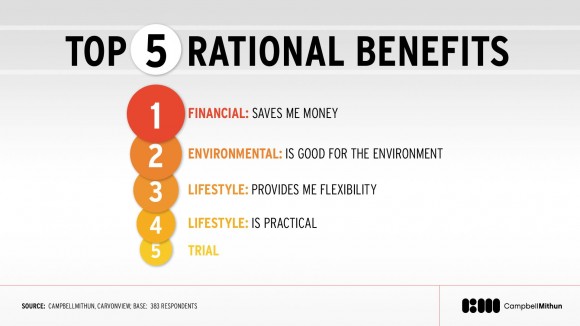aNewDomain — Last year Time Magazine named collaborative consumption to be high on their list of 10 ideas that will change the world. Change happens in different ways, some with controversy, and while collaboration is revolutionary, it doesn’t automatically imply “sharing.”
The concept of cutting-edge disruptive sharing economy brings in huge profits and clout for the companies that have pioneered the field, but do any of these corporations (yes, they’re corporations) really care about you, your pocket and your safety? Do you know if your Uber driver’s background has been checked? Do you know how well Airbnb hosts have been vetted?
A Shared Economy
This sharing economy is unlike a social exchange among family members or between friends. According to Harvard Business Review:
When ‘sharing’ is market-mediated — when a company is an intermediary between consumers who don’t know each other — it is no longer sharing at all. Rather, consumers are paying to access someone else’s goods or services for a particular period of time. It is an economic exchange, and consumers are after utilitarian, rather than social, value.”
Image courtesy of Campbell Mithun
At first, the sharing economy seemed like a new capitalist manner of business conduct, one that skirted the evil and greedy ways of Wall Street. But today we’re more rational about what this new economy really is — users of these services aren’t interested in fostering social relationships that amount to caring, and the businesses that facilitate them are just interested in their profits.
However, the connotation of the “sharing economy” promises to use technology to connect individuals in a mutual win-win enterprise, and give you warm fuzzy feelings in the process. You hear the terms like “revolution” and “movement” to describe this new-age economy. It builds its spin around the peer-to-peer Internet age in which we all participate.
Can We Educate the Disrupters?
After years of being vilified in courts worldwide, the disruptive CEOs of the shared economy are realizing that it’s better to work with governments than against them. Airbnb, Lyft and Uber want to be seen as part of a community, not as outlaws, by the state and the people in the state.
This is a reaction to the growing need to stay competitive in the globalized international marketplace. In the long run, it pays better to be perceived as friendly (ride-sharing) dolphins, than hungry sharks.
Humility is a new trend among Uber leaders — as the New York Times reported in January:
Mr. Kalanick delivered a speech in Munich filled with talk about compromising with regulators he once sparred with, wanting to ‘make 2015 the year where we establish partnerships with new European cities.’ The company also released two rosy, data-heavy reports about the service’s advantages on cities, drivers and communities. And on Friday, in an uncommon display of humility, Uber pledged to strengthen its user data privacy practices, acknowledging that ‘we haven’t always gotten it right.’
The truth, though? They will never really care. Corporations are such for a reason. But they will maintain the “sharing” spin, and tread the public opinion’s more carefully, because that’s where their income lies.
In the end, sharing is misleading term. Maybe access economy is a better way to describe what is happening. It’s less emotional and more real.
For aNewDomain, I’m David Michaelis.
Featured Image: Spanish Apartments courtesy of Les Haines via Flickr Creative Commons














